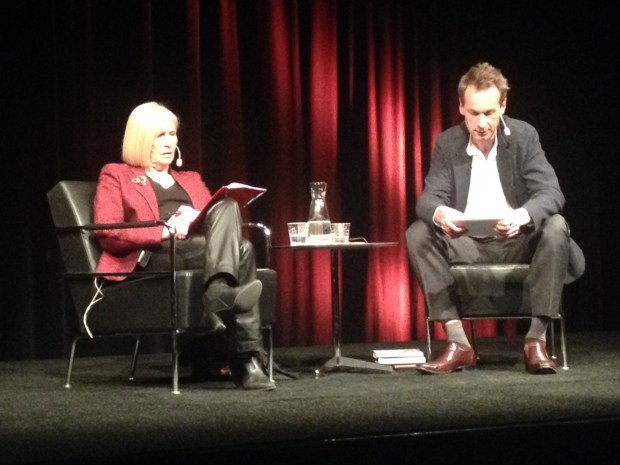To paraphrase the classic: two things fill my mind with ever new and increasing awe, the starry heavens above me and the bottomless capacity of liberal establishment to undermine its own moral and political cause.
Go on then, go and threaten Hungary just before the EU elections with a ‘nuclear option’, depriving it of voting rights only because it exercises its prerogative for a different political opinion. Entirely according to the EU’s founding treaties, which provides member states with a blocking minority in a limited aspect of sovereign matters (foreign policy and exercise of control over all our taxation money including). This is, by the way, what the article below joyfully and poetically welcomes as Orbán finding himself ‘under the frog’s ass’, thus continuing in Politico’s well set line of bashing the Hungarian government at every opportunity. (While never questioning when the EU’s democratic principles are being thrashed by Macron, Scholz and the like in the name of a ‘good liberal cause’, just as they plan for now).
One can only hope that these unprincipled and authoritarian hypocrites will be punished by voters in the most severe manner.










